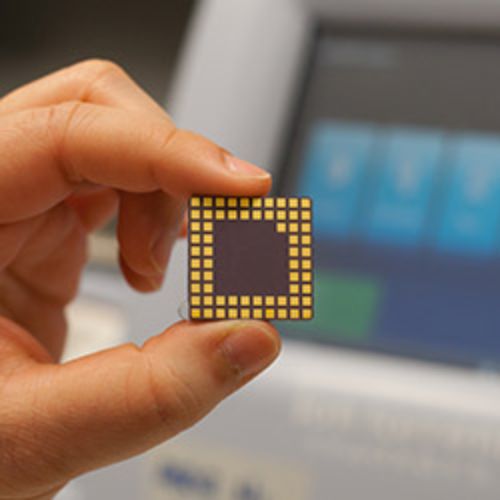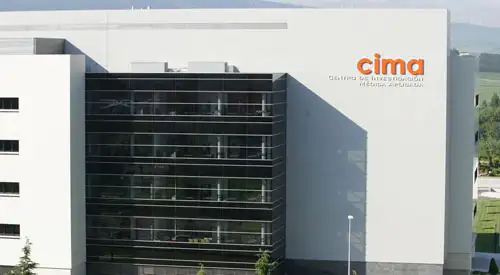Computational Biology and Translational Genomics
"In this program we develop cutting-edge genomic and machine learning technologies to help solving open biomedical challenges".
DR. MIKEL HERNÁEZ RESEARCHER. COMPUTATIONAL BIOLOGY AND TRANSLATIONAL GENOMICS PROGRAM
Computational biology and translational genomics are currently at the forefront of modern healthcare, as their seamless integration with biomedical research groups has enabled the decoding of the genetic underpinnings of diseases, paving the way for early diagnosis and novel targeted therapies.
Translational genomics is a cutting-edge field that bridges the gap between genomic research and clinical application, and thus, facilitates translation of basic scientific discoveries into practical medical treatments and diagnostic tools. Fueled by the fast-pacing evolution of AI models, computational biology disciplines develop and utilize advanced computational tools to analyze extensive biomedical data, enabling scientists to decode the genetic underpinnings of various diseases. Thus, our program seamless integrates these disciplines to understand the genetic basis of diseases, identifying biomarkers for early detection, and developing personalized therapies tailored to an individual's genetic makeup.
Due to the translational nature of the program, we collaborate extensively with other groups in the context of different pathologies. As such, we are involved in several national and international consortia, funded by national and international agencies, such as NUGENT (funded by the US NIH and the Spanish ISCiii), where we are (co-)leading the development of machine learning models to understand the neurovascular unit in health and diseases; or the ISO 23029 effort by the International Organization for Standardization (ISO) to standardize genomic information representation for ease of storage, access, and processing.

Dr. Mikel Hernáez
PROGRAM LEADER
| +34 948 194 700 | |
| mhernaez@unav.es | |
| Research profiler |
COMPUTATIONAL BIOLOGY AND TRANSLATIONAL GENOMICS
Program Director: Mikel Hernáez
Objectives of our program
Development of Computational Models to Elucidate Aberrant Transcriptional Dynamics in Cancer
Deep learning models on graphs to accelerate drug repositioning
Developing standards for efficient genomic information management
FROM THE LABORATORY TO THE CLINIC
Technology is a key driver in the health care sector. The remarkable growth of biomedical datasets constitutes a priceless reservoir of biological and mechanistic insights waiting to be unlocked by machine learning tools. The deep understanding of the molecular makeup of diseases brought by these tools have been differential in advancing towards personalized medicine, where treatments are tailored to an individual's genetic makeup, increasing their effectiveness, and reducing adverse effects. These fields are thus indispensable for transforming healthcare, improving disease prevention, and enhancing therapeutic strategies, ultimately leading to better health outcomes for patients.
PERSONALIZED MEDICINE
Genomic medicine
Genomic medicine is an emerging field in cancer and is rapidly evolving in terms of technology, magnitude of data generation, organization and analysis.

Automatic learning
To know the mechanical changes in the transcriptome, new biomarkers and genomic variants in order to translate them in a practical way to patients.

Genomic data analysis
Our goal is to provide the means to assist in the (re)analysis of genomic data by enabling efficient selective access to compressed data.

Gene regulatory networks
With the use of single-cell RNA sequencing (scRNA-Seq) technologies, it is now possible to acquire gene expression data for each individual cell in samples containing up to millions of cells.

Would you like to help us?
Thanks to the generosity of many people, the Cima Universidad de Navarra is a reality that strives to offer therapeutic solutions to achieve personalized medicine for patients.